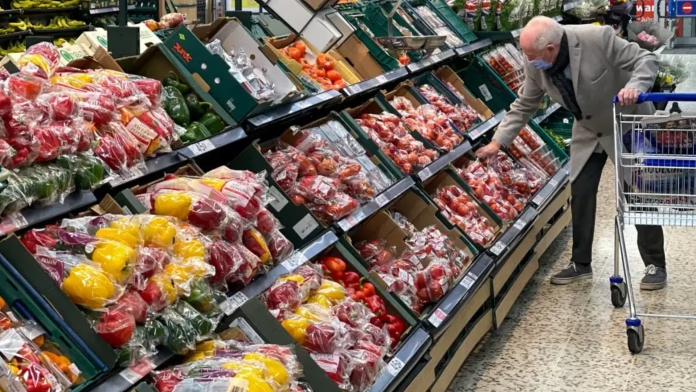Canada’s leading five grocery retailers have committed to addressing their pricing practices, as announced by a government minister.
François-Philippe Champagne, the Minister of Innovation, Science, and Industry in Canada, stated that the retailers are “fulfilling their commitment to assist in initiatives aimed at stabilizing food prices.” This comes after discussions last month involving the government, grocery stores, and manufacturers.
In a statement issued yesterday (5 October), Champagne said, “Canadians can expect to see actions such as aggressive discounts across a basket of key food products that represent the most important purchases for most households, price freezes and price-matching campaigns.”
Last month, the Canadian Prime Minister, Justin Trudeau, issued a warning, stating that taxes could be imposed unless grocery retailers took steps to “stabilize” food prices.
Read More: Canada considers tax measures to restore grocery price stability, warns retailers
The Canadian government also expressed its intention to implement measures aimed at enhancing competition throughout the economy, with a particular emphasis on the grocery sector.
Champagne has unveiled plans for the establishment of a new Consumer Affairs Office featuring a dedicated “grocery task force,” the introduction of a revised grocery code of conduct, and improved accessibility and availability of data related to food prices. He also mentioned that the Competition Bureau would soon be endowed with increased authority to address these concerns through amendments to the Competition Act.
He said, “The cost of groceries has risen drastically over the past years, and Canadians are struggling to put food on their tables. Canadians are rightfully frustrated by this situation and we are implementing solutions to bring relief to them.
“Our government is hard at work to make life more affordable and increase competition that would expand choices for Canadians. I will continue to keep a close eye on Canada’s largest grocery chains, the food processors and other industry actors to make sure that the price of food in Canada will be stabilised. It’s just the beginning.”
In August, grocery inflation in Canada stood at 6.9%, which marked a decrease from the 8.5% recorded in July. Meanwhile, the all-items inflation rate remained at 4%.
Sylvain Charlebois, a professor specializing in food distribution and policy at Dalhousie University in Halifax, pointed out that Champagne has overlooked numerous chances to provide immediate assistance to consumers.
“While the plan does offer certain benefits to consumers, such as discounts and price-matching policies, it predominantly reinforces the status quo in the industry, with many of the mentioned measures already in practice,” he said.
“For those currently grappling with economic challenges at the grocery store, immediate relief from the federal government may not be forthcoming. However, there is hope that these strategic measures will ultimately pave the way for a more equitable and affordable food landscape for all Canadian citizens.”





